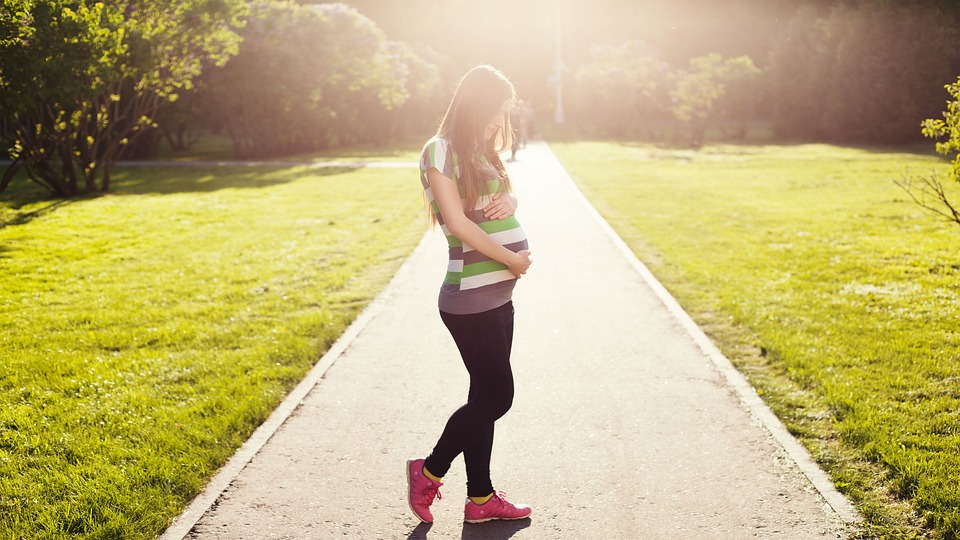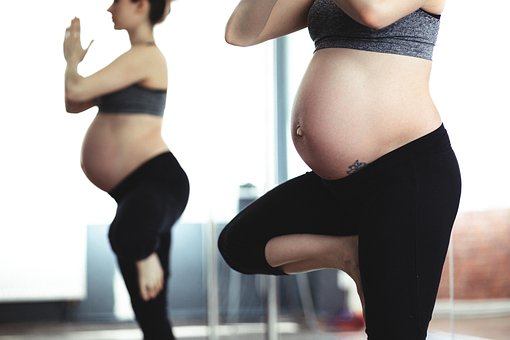Training when pregnant grows different opinions, especially when a person documents their journey through social media. However we are all different so in my opinion, if training when pregnant is something you want to do great! Have a read of the blog below on how it can greatly benefit you if that is what you choose to do.
The benefits of moving more during pregnancy begin immediately and last your whole life. Your baby will start reaping the benefits in the uterus, too.
Below is a list of benefits.
- Gain less weight, during pregnancy
- Having strong core muscles, and a fit cardiovascular system will give you more stamina and oomph during the pushing bit, making labor a bit easier (if that’s possible)
- Lower your chance of getting gestational diabetes by 27%
- Less likely to become constipated
- Have more energy
- Feel better about yourself
- Can provide relief to swollen ankles by improving blood flow
- Recover faster after the delivery
- Help you sleep better
- Help keep your immune system Healthy

Always check with your doctor before starting, continuing, or changing an exercise routine. If you exercised regularly before getting pregnant and your pregnancy is uncomplicated, you can probably continue working out as before, with a few modifications. However, in some cases it’s not okay to exercise during pregnancy, so talk to your doctor about your fitness routine to make sure your activities don’t put you or your baby at risk.
Best Activities For Mum to be.
- Walking: Strengthens heart/lungs increases stamina.
- Water Exercise: Strengthens heart/lungs; reduces strain on joints.
- Prenatal Pilates: Strengthens entire body, especially core muscles.
- Weight Training: Increases muscle tone and strength.
- Prenatal Yoga: Increases strength, stamina, and relaxation

Exercising during pregnancy lifts your spirits and prepares you for labor and after your child’s birth, but it’s important to be extra cautious during your workouts. Whether you’re a reformed couch potato or a conditioned athlete, following these 12 rules can keep you – and your baby – healthy and safe.
- Get enough calories.
Exercise burns calories, so are sure to eat well to nourish and strengthen your body. When you’re pregnant, you naturally gain weight as your baby grows. The amount you need to gain varies based on your pre-pregnancy weight. Your doctor will monitor your weight as your pregnancy progresses and can help you keep your weight gain on track.
- Avoid contact/dangerous sports.
Avoid sports that involve lots of contact as well as activities that might throw you off balance and cause a fall, such as horse back riding, surfing, water skiing, gymnastics, downhill skiing, or mountain biking. Cycling early in your pregnancy should be okay if you’re already comfortable on a bike, but it’s probably best to stick to stationary bikes later in pregnancy. All pregnant women should avoid scuba diving – babies in the womb aren’t protected from the effects of pressure changes and may not develop normally as a result.
- Wear the right clothes.
Wear loose-fitting, breathable clothing. Dress in layers so it’s easy to take off a layer or two after you’ve warmed up or if you get overheated. Make sure your maternity bra is supportive enough, and choose athletic shoes that fit properly. If your shoe size has changed because of mild swelling, stash away your pre-pregnancy sneakers and buy a new pair. You may want to swap out the liners they came with for gel liners that provide better shock absorption.

- Warm up.
Warming up prepares your muscles and joints for exercise and increases your heart rate slowly. If you skip the warm-up and jump into strenuous activity before your body is ready, you could strain your muscles and ligaments and have more aches and pains after your workout. A good way to warm up is to start your chosen activity at a low intensity and slowly increase it during the first five to eight minutes. This prepares the muscles you’ll be using for more vigorous movement. For example, if your workout is walking, go slowly for the first few minutes and gradually pick up the pace.
- Drink plenty of water.
Drink water before, during, and after exercising. Otherwise, you can become dehydrated, which can set off a chain of events that leads to a reduced of the amount of blood reaching the placenta. Dehydration can also increase your risk of overheating or even trigger contractions. There’s no official recommendation for how much water pregnant women should drink while exercising, but many experts recommend a simple technique to gauge whether you’re drinking enough: Check the colour of your urine. Dark yellow urine is a sign of dehydration. If that’s the case for you, have one or two glasses of water every hour until your urine is pale yellow or nearly clear.
- Don’t lie flat on your back.
After the first trimester, avoid exercising while lying flat on your back. The weight of your uterus puts pressure on a major vein called the vena cava, which can reduce blood flow to your heart and may diminish blood flow to your brain and uterus. This can make you dizzy, short of breath, or nauseated.
- Keep moving.
Remaining motionless or standing in one place for prolonged periods – when you’re lifting weights or doing yoga poses, for example – can reduce blood flow to your heart and uterus and cause blood to pool in your legs, lowering your blood pressure and making you dizzy. Keep moving by switching positions or walking in place.
- Don’t overdo it.
Don’t exercise until you’re exhausted. Like you would if you weren’t pregnant. Slow down if you can’t carry on a conversation comfortably. In general, the best guideline is to listen to your body. Always stop if something hurts. You should feel like you’re working your body, not punishing it. If you feel completely drained instead of invigorated after a workout, you’re probably overdoing it.
- Rest.
After exercising, try to rest for an equivalent amount of time before getting on with your day. For example, if you’ve just jogged for 30 minutes, rest quietly for 30 minutes.
- Don’t exercise in high heat or humidity Increased blood flow and a higher metabolic rate when you’re pregnant mean you’ll feel warmer than usual, especially when you exercise. As a result, you may get overheated much faster than you normally would, even before your belly is big. That’s why it’s especially important to avoid exercising in hot or humid conditions during pregnancy. When it’s hot out, your body has a harder time regulating your body temperature. Signs of being overheated are largely individual but pay attention if you’re sweating a lot or feel uncomfortably warm, nauseated, dizzy, or short of breath. To cool off quickly, stop exercising, take off layers, and change your environment: Go someplace with air-conditioning or step into a cool shower. Hydrating is also key, so drink lots of water.

- Get up from the floor slowly.
Your center of gravity shifts as your belly grows, so it’s important to take extra care when you change positions. Getting up too quickly can make you dizzy and may cause you to lose your footing and fall.
- Cool down.
At the end of your workout, walk in place for five to 10 minutes and do some pregnancy-friendly stretching. This improves your flexibility while getting your heart rate back to normal. Stretching also prevents sore muscles.
- Make it a habit.
Make a commitment to exercise regularly. Keeping up a routine is easier on your body than long periods of intense exercise then interrupted by spurts of activity. One of the best ways to stick to a workout routine is to invite a buddy to meet you for walks, runs, exercise classes, or gym time. You’ll be more motivated to show up, and you’ll get quality time with your friend while doing something important for your health and pregnancy.
If you have never trained before I would advise you to get a trainer, who will safely and effectively help you train during pregnancy.

